Read the latest news on coronavirus in Delaware. More Info

Regulated health insurers found to be in violation laws of that prohibit discrimination in mental healthcare, $597K in fees assessed
Insurance Commissioner Trinidad Navarro has announced the completion of the first in a series of Mental Health Parity examinations on health insurers in Delaware. Investigations conducted by the Delaware Department of Insurance uncovered thousands of mental health parity violations, resulting in $597,000 in fines thus far. The exams are ongoing and include each of the four major insurers. The department works with each insurer to correct issues and create a less discriminatory environment in the future. The 2018 passage of SB 230 required companies to submit an initial analysis of mental and behavioral health coverage to the department in 2019, after which the department would include compliance reviews in their annual market conduct exams. A high number of violations was expected due to this being the first assessment by the department.
“After an incredibly thorough review, our team identified many changes that needed to be made to improve parity. Today’s announcement shows that there is more work to do to ensure those seeking mental health care can do so without undue expense or difficulty. I will continue to hold insurers accountable to meet our state’s standards,” said Commissioner Navarro. “Each violation incurred a fine, but it also brought about important conversations that will result in action, and insurers have been cooperative throughout the process and are already making improvements. We will be following up with insurers frequently and expecting substantial progress.”
Mental Health Parity laws, which exist both at the state and federal levels, aim to eliminate coverage discrimination between policyholders seeking mental illness or substance abuse care and those seeking physical care. A lack of parity can prevent a person from pursuing needed care due to cost or limited access, or otherwise make it more expensive or more time intensive than medical visits. Department examinations are critical to uncovering parity issues as consumers may not be aware if they are experiencing disparate treatment when seeking substance abuse or mental health care.
“Everyone deserves equal access to equal treatment. Mental Health Parity has been a priority of mine and the Behavioral Health Consortium. I want to thank Commissioner Navarro and his department for conducting these examinations and advocating for persons suffering with mental health and substance use disorder,” said Lt. Governor Bethany Hall-Long. “Everyone should be able to access the level of care required for the duration and intensity of their behavioral health needs. Persons should be able to access treatment based on the acuity and severity of their health condition or recovery needs and should never be denied treatment due to insurance practices driven by cost and quotas. This practice has adversely impacted outcomes for persons suffering with mental health and addiction.”
“Making progress on mental health parity has been a priority for our office for several years,” said Navarro, “but this year has emphasized the importance of this task. COVID-19, and all the stress, isolation, anxiety, and grief that has come with it has amplified the need for mental health care access, while also in many ways destigmatizing utilization of services.”
In general, the violations found in policies and practices revolved around a lack of parity between mental health and medical/surgical procedures, medications and procedure preauthorization requirements. Mental health patients often had to meet higher standards for Non-Quantitative Treatment Limitation (limits on the scope or duration of benefits) than other patients, and pharmacy requirements appeared to differ as well. The companies are working to resolve these differences.
Related Topics: Behavioral Health, Behavioral Health Consortium, Bethany Hall-Long, Commissioner Navarro, Department of Insurance, Health Insurance, Insurance Commissioner, Insurance Department, L.t Governor, Lieutenant Governor, Lt gov, Lt. Governor Bethany-Hall-Long, mental health, Mental Health Parity, substance use disorder, Trinidad Navarro
Keep up to date by receiving a daily digest email, around noon, of current news release posts from state agencies on news.delaware.gov.
Here you can subscribe to future news updates.

Regulated health insurers found to be in violation laws of that prohibit discrimination in mental healthcare, $597K in fees assessed
Insurance Commissioner Trinidad Navarro has announced the completion of the first in a series of Mental Health Parity examinations on health insurers in Delaware. Investigations conducted by the Delaware Department of Insurance uncovered thousands of mental health parity violations, resulting in $597,000 in fines thus far. The exams are ongoing and include each of the four major insurers. The department works with each insurer to correct issues and create a less discriminatory environment in the future. The 2018 passage of SB 230 required companies to submit an initial analysis of mental and behavioral health coverage to the department in 2019, after which the department would include compliance reviews in their annual market conduct exams. A high number of violations was expected due to this being the first assessment by the department.
“After an incredibly thorough review, our team identified many changes that needed to be made to improve parity. Today’s announcement shows that there is more work to do to ensure those seeking mental health care can do so without undue expense or difficulty. I will continue to hold insurers accountable to meet our state’s standards,” said Commissioner Navarro. “Each violation incurred a fine, but it also brought about important conversations that will result in action, and insurers have been cooperative throughout the process and are already making improvements. We will be following up with insurers frequently and expecting substantial progress.”
Mental Health Parity laws, which exist both at the state and federal levels, aim to eliminate coverage discrimination between policyholders seeking mental illness or substance abuse care and those seeking physical care. A lack of parity can prevent a person from pursuing needed care due to cost or limited access, or otherwise make it more expensive or more time intensive than medical visits. Department examinations are critical to uncovering parity issues as consumers may not be aware if they are experiencing disparate treatment when seeking substance abuse or mental health care.
“Everyone deserves equal access to equal treatment. Mental Health Parity has been a priority of mine and the Behavioral Health Consortium. I want to thank Commissioner Navarro and his department for conducting these examinations and advocating for persons suffering with mental health and substance use disorder,” said Lt. Governor Bethany Hall-Long. “Everyone should be able to access the level of care required for the duration and intensity of their behavioral health needs. Persons should be able to access treatment based on the acuity and severity of their health condition or recovery needs and should never be denied treatment due to insurance practices driven by cost and quotas. This practice has adversely impacted outcomes for persons suffering with mental health and addiction.”
“Making progress on mental health parity has been a priority for our office for several years,” said Navarro, “but this year has emphasized the importance of this task. COVID-19, and all the stress, isolation, anxiety, and grief that has come with it has amplified the need for mental health care access, while also in many ways destigmatizing utilization of services.”
In general, the violations found in policies and practices revolved around a lack of parity between mental health and medical/surgical procedures, medications and procedure preauthorization requirements. Mental health patients often had to meet higher standards for Non-Quantitative Treatment Limitation (limits on the scope or duration of benefits) than other patients, and pharmacy requirements appeared to differ as well. The companies are working to resolve these differences.
Related Topics: Behavioral Health, Behavioral Health Consortium, Bethany Hall-Long, Commissioner Navarro, Department of Insurance, Health Insurance, Insurance Commissioner, Insurance Department, L.t Governor, Lieutenant Governor, Lt gov, Lt. Governor Bethany-Hall-Long, mental health, Mental Health Parity, substance use disorder, Trinidad Navarro
Keep up to date by receiving a daily digest email, around noon, of current news release posts from state agencies on news.delaware.gov.
Here you can subscribe to future news updates.
"complete" - Google News
November 19, 2020 at 10:06PM
https://ift.tt/36P6H0q
Delaware's First Mental Health Parity Examinations Complete - State of Delaware News - news.delaware.gov
"complete" - Google News
https://ift.tt/2Fvz4Dj
https://ift.tt/2YviVIP





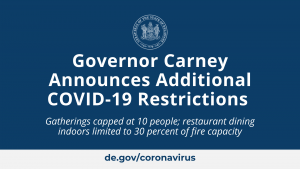
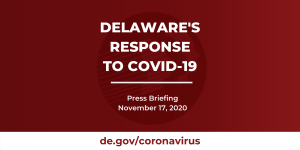



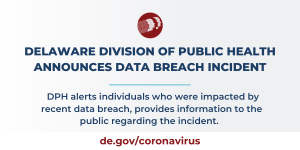


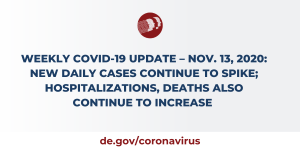

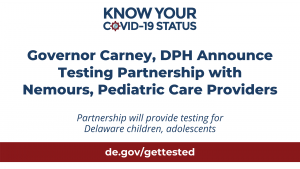







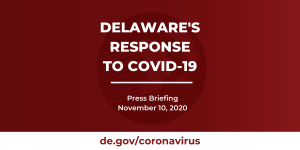


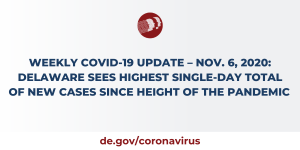

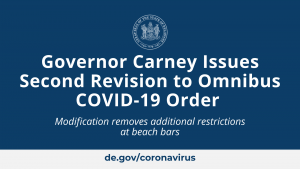
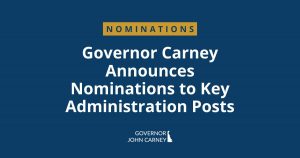



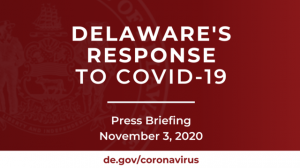




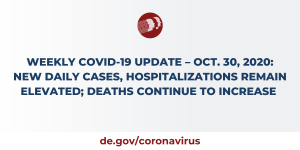
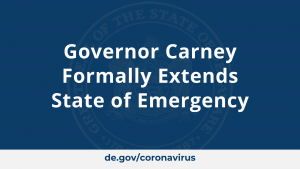









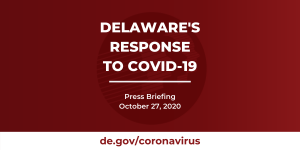



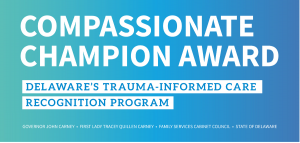

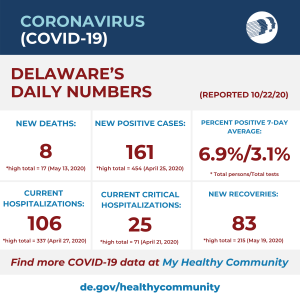





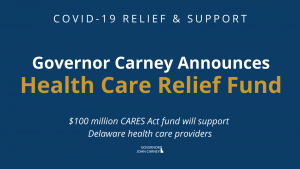

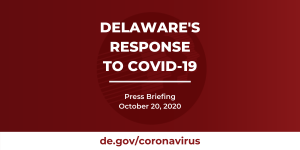




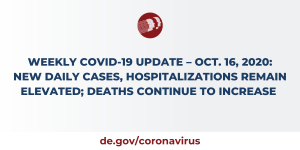










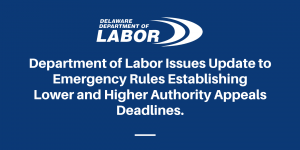
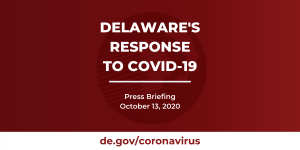
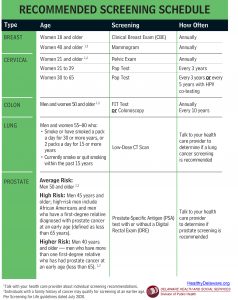



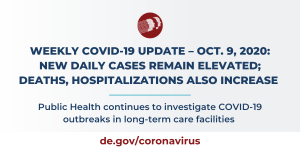


No comments:
Post a Comment